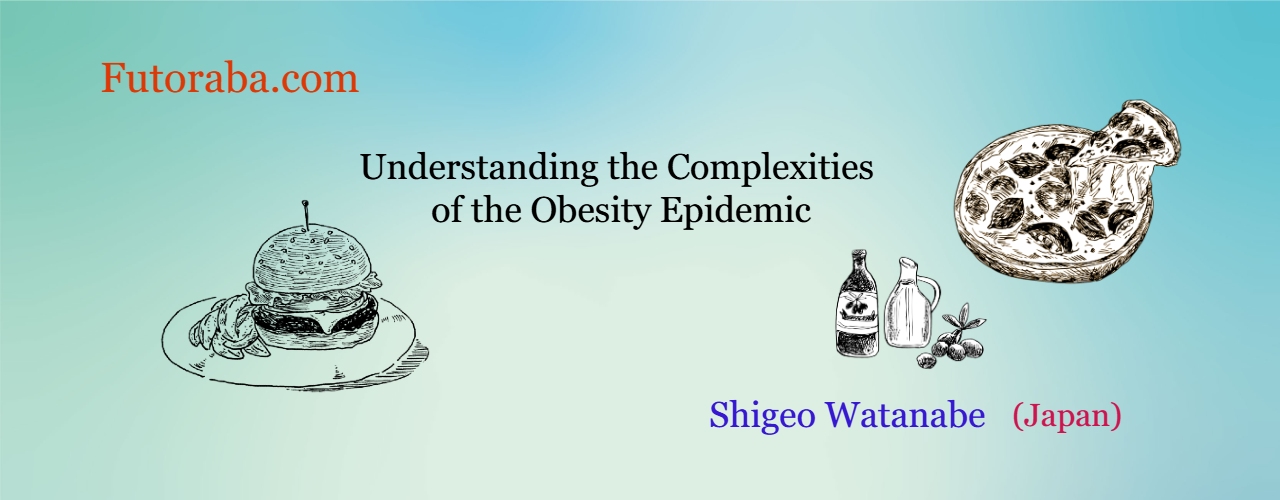— Topics —
Psychology of getting fat
2017.01.07
Reality Works Opposite of What and How We Think
This time, I would like to explain the relationship between the mind and the mechanism of gaining weight.
Some people who are overweight may start dieting with the thought, " I'm definitely going to lose a few kilos this year.” According to conventional calorie theory, the strategy to do so is to "eat less and/or exercise more.” Many of them first try to avoid high-calorie foods such as oily foods, fried foods, and sweets. Also, they try to skip meals or eat just a little in order to take in fewer calories. In addition to this, some may start jogging or go to a fitness club.
On the other hand, people who are thin tend to think, “I want to gain a little more weight” or “If I skip a meal, I will get thinner.” So, they try not to skip meals and try to eat foods with more calories even though they can’t eat a lot in one sitting.

Then why is it that obese people can’t lose weight even though they reduce caloric intake, but exercise? And why can’t thin people gain weight even though they eat a lot of calories?
It is possible that they are doing the opposite of what is really needed.
“Reality works opposite of what and how we think”
Obese people might get thinner for a while through eating less and exercising more. However, it’s a temporary thing, and over the long haul, it’s not that effective.
With the long periods of hunger caused by restricting meals as in a diet, the intestines improve their absorption ability in order to get the maximum absorption out of a small amount of food. If they don’t eat a balanced diet and their diet leans toward some digestible carbohydrates and protein, the intestinal starvation mechanism may occur. As a result, the 'set-poit' for body weight may go up unknowingly and they’ll find themselves gaining more weight than before. (The rebound effect).

So, it is natural that the success rate of calorie-restricted dieting is low, since they are dieting in the wrong way. It’s not because their efforts were not enough.
(Note: Of course, if you don’t eat anything and exercise, you will lose a lot of weight, but I don’t recommend it. If you don’t take any worthy nutrition when you are working out, the body will catabolize muscle and take minerals out of your bones.)
In contrast, when thin people skip meals, they soon start to get thinner in the face and get tired easily since they don’t have stamina. So, they believe they have to eat something even though they don’t feel so hungry. This is a natural way of thinking for creatures to live...
And that’s why many thin people tend to eat three meals a day and also eat high-calorie foods even if they don’t eat a lot. Also, some people snack between meals without hesitation. There are specialists and some websites that recommend they eat more calories to gain weight.
However, this makes intestinal starvation less likely to occur because undigested food remains in the intestines throughout the day, and the function of the body to store energy will not work. In short, the ‘set-point’ for body weight has not changed. Regardless of the calories they consume, they never gain weight, so they end up saying, “It’s the way I’m made.”
Generally, genetics are used as an excuse to explain the difference between people who eat a lot but never gain weight over the course of their life, and those who tend to gain weight even though they are dieting. Of course, genetics cannot be completely ignored, but since they are theoretically doing the opposite of what they need to do, it is not surprising that both do not work.
To begin with, we need to change the stereotype that "overeating and less exercise” are the causes of weight gain, to stop the obesity epidemic and discover something new.

